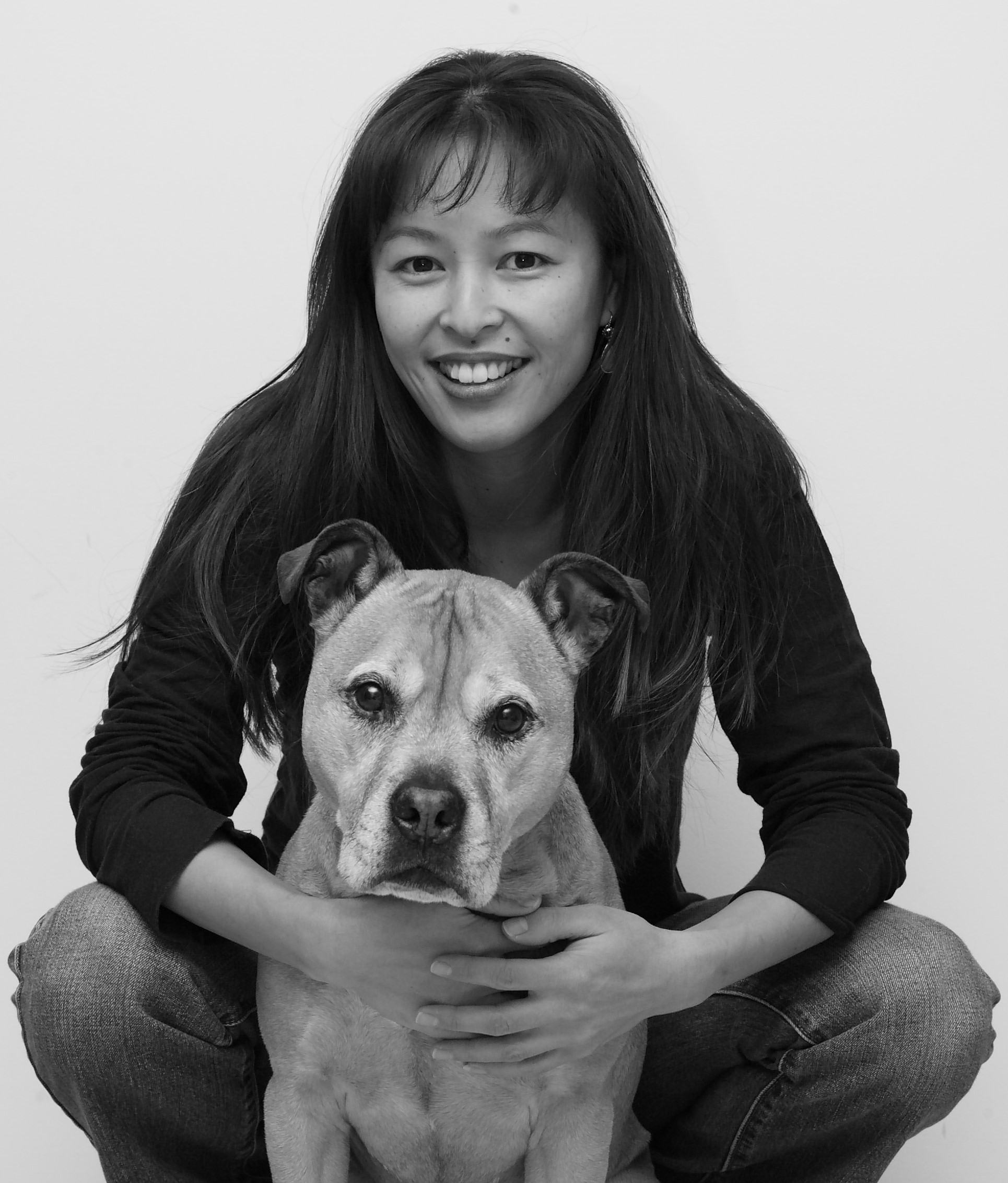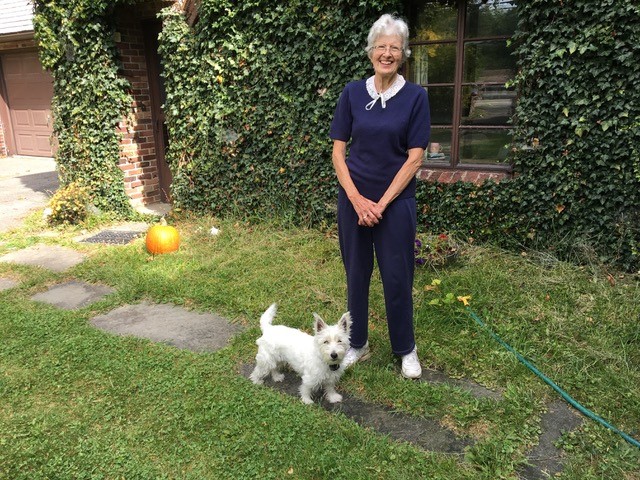Donating for diversity
Written by Lauren Cahoon Roberts
For many years, the college has aimed to increase diversity and inclusion across all its programs. Veterinary medicine has long struggled to achieve significant levels of diversity into the profession, and the Cornell University College of Veterinary Medicine (CVM) has attempted to change that reputation. When the racist violence and discriminatory incidents of summer 2020 catalyzed majority groups to take real action against racism, CVM redoubled its efforts. While some focus on igniting awareness and education among staff, faculty and students, other efforts center on philanthropy to help inspire lasting change. Now, generous donors are stepping in to help CVM education and programs that work to create access and equity for all people, particularly those who are Black, Indigenous and other people of color (BIPOC).
“One way to drive immediate and meaningful change is through philanthropy, and in particular, providing support for students to help them overcome obstacles to receiving the best education in veterinary medicine.”
Matt Braun, assistant dean of alumni affairs and development
“Cornell as a whole, and the College of Veterinary Medicine specifically, has a responsibility to do all we can to counter the deep-seated effects of systemic racism,” says Matt Braun, assistant dean of alumni affairs and development. “One way to drive immediate and meaningful change is through philanthropy, and in particular, providing support for students to help them overcome obstacles to receiving the best education in veterinary medicine. Scholarship support paves the way to professional success."
For Justine Lee, D.V.M. ‘97, the summer’s events in her hometown of Minneapolis-St. Paul sparked a desire to do something that would have lasting impact. “I didn’t want this to be a one-time commitment,” says Lee. “I wanted it to have a long-term effect.”
Lee therefore founded the VETgirl Diversity, Equity and Inclusion Scholarship, which specifically supports BIPOC veterinary students, who are historically underrepresented in the field. Lee made the scholarship a 10-year commitment to maximize long-term impact. “When I was a student at Cornell from 1993 to 1997, there was little diversity; as we know, veterinary medicine is a very white profession,” says Lee.
She notes that this lack of diversity can have very practical impacts on animal health and the profession. “Unfortunately, we probably don’t reach or communicate well with entire groups of American pet owners, and that of course impacts the care we’re able to provide to their animals,” says Lee. “I’ve always felt grateful to have a fellow veterinarian or veterinary technician who is bilingual that can assist with client communication, when necessary. That’s just one area where we benefit from having diversity within our teams.”
With most veterinary medical teams lacking diversity, there may be less awareness and sensitivity around racial and cultural differences.

Lee, who is a first-generation Asian-American born to immigrant parents, knows what it is like to be treated differently because of one’s background. “I’ve experienced microaggressions, but it’s nothing in comparison to what we’re seeing right now,” Lee says, referring to the high-profile incidents of racial injustice occurring throughout the past year.
The first CVM recipient of Lee’s scholarship is Alexandria Bourgeois, D.V.M. ’21, who has a strong interest in opening a practice on the south side of Chicago. “I know from first-hand experience that this area lacks enough animal hospitals, and there is a need for greater general education about pet ownership," she says.
In addition to cultural awareness, Lee knows that a major barrier to building diversity in the profession is student debt.
“When I graduated in 1997, I had $100K in debt. Today, students are graduating with as much as $250K in debt, and that added burden of financial stress definitely impacts the mental health of current new graduates,” she says. “I wanted to be able to provide more support financially to help combat that issue, as well as increase diversity and equity.”

Dr. Katherine Houpt, James Law Professor Emerita of Behavior Medicine, was motivated by the same impulse as Lee. “I was asking myself what I could do for the Black Lives Matter movement,” says Houpt, “and I realized that making a scholarship specifically geared towards minority students was one of the best ways to make a difference.”
She notes that as a veterinarian, her impact is typically confined to animal and public health. “Creating a scholarship that helps veterinary students from an underserved population is a way to have an impact on societal issues that we don’t normally get to have as veterinarians,” she says.
Houpt herself knows a thing or two about being in the minority as a veterinary student. In 1959, she was rejected from CVM despite stellar transcripts and was told the reason was due to the college having only enough dormitory rooms for two women. When she graduated from University of Pennsylvania’s School of Veterinary Medicine in 1963, she was one of only 250 female veterinarians in the entire country. “You don’t really understand discrimination until you’ve been subjected to it,” says Houpt. •


